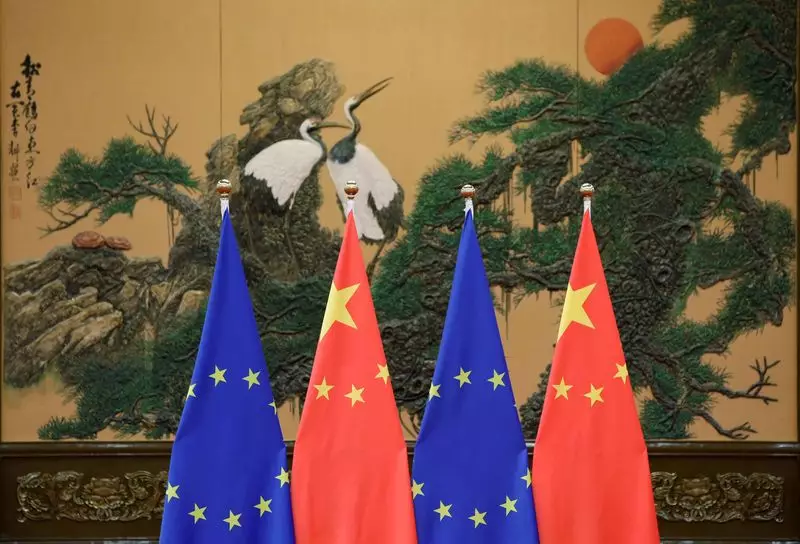China has called on the European Union to scrap its preliminary tariffs on Chinese electric vehicles by July 4. The EU has imposed provisional duties of up to 38.1% on imported Chinese-made EVs while investigating alleged subsidies to Chinese EV manufacturers. Beijing is eager to avoid another tariff war, as seen with the U.S., but is prepared to protect Chinese firms if necessary.
Both sides have agreed to restart trade talks following a call between EU Commissioner Valdis Dombrovskis and Chinese Commerce Minister Wang Wentao. The EU’s protectionist moves have raised concerns in China about the potential for trade frictions and “lose-lose” outcomes. The Chinese commerce ministry has expressed readiness to negotiate but also hinted at retaliatory measures if the EU does not reconsider its tariffs.
The EU’s trade policy has become more protective due to fears of China flooding its markets with cheap goods. China denies accusations of unfair subsidies and overcapacity, attributing the success of its EV industry to technology and market advantages. The geopolitical implications of EU investigations into China’s new energy vehicles have also been mentioned as a concern by experts.
Trade relations between the EU and China soured when the European Parliament voted to freeze ratification of a key investment treaty amid human rights concerns in China’s Xinjiang region. Disputes over Taiwan and sanctions further strained diplomatic ties. Beijing has hinted at potential retaliatory measures, including anti-dumping investigations into European pork and dairy imports as well as tariffs on certain European-manufactured cars.
The outcome of the trade talks between China and the EU remains uncertain, with both sides standing firm on their positions. The possibility of an escalation in trade tensions and retaliatory measures remains on the table, creating uncertainty for businesses and consumers on both sides. It is crucial for both parties to find a diplomatic solution to avoid further economic disruptions.
The ongoing trade dispute between China and the EU highlights the challenges of balancing economic interests with geopolitical considerations. Both sides must engage in constructive dialogue to find mutually beneficial solutions and prevent further escalation in trade tensions. The outcome of the upcoming trade talks will have significant implications for the global economy and the future of EU-China relations.

